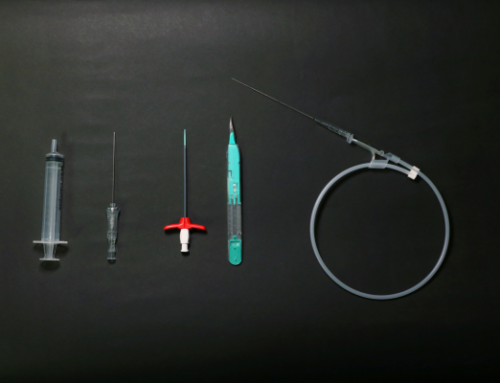Until recently, mild traumatic brain injury was ignored as a major health issue.
The medical community is learning that life-time disability is occasionally the result of a concussion which is considered a mild traumatic brain injury. Until recently, mild traumatic brain injury was ignored as a major health issue. Unfortunately, few lawyers across the country understand how to work a case for trial of an unfortunate client with persisting cognitive and behavioral sequela following a mild brain injury, as little is known of the pathophysiological aspects of these injuries and most attorneys don’t have the economic courage to take these cases to trial which is the only path for adequate compensation for the injured.
A concussion is considered a mild traumatic brain injury. Concussions happen during sports, from falling, during car or bicycle accidents and from anything that shakes the brain inside the skull, such as a powerful blast. Traumatic brain injuries are classified as severe, moderate, and mild and are based on the length of time a person is unconscious, with loss of consciousness lasting less than 30 minutes for mild brain injuries. Unfortunately, this classification is inadequate to identify at-risk patients and provide prognosis for mild brain injuries, as it is not sensitive enough to identify clinically significant brain injuries as clinicians must rely on the history and physical examination and imaging studies (MRI or CT scan). These limitations have led to research in identifying biomarkers in the blood to determine if they may be of use to clinicians in the management of these patients. Unfortunately to date biomarkers following a mild brain injury have little clinical value in diagnosing and providing prognostic information.
“The classification between mild, moderate, and severe is flawed in that brain injuries are a spectrum and the duration of loss of consciousness does not always equate functional outcome.” – Greg Vigna, MD, JD
Greg Vigna, MD, JD, neurological injury attorney, national pharmaceutical injury attorney, Certified Life Care Planner, and practicing physician represents injured clients with cauda equina syndrome, “The attorneys at the Vigna Law Group understand that a mild traumatic brain injury occasional will cause significant cognitive and behavior impairments that have profound psychological and economic impact on their lives. As a testifying expert, I have seen too many neuropsychologists cave in their opinion regarding the cause of deficits observed in their testing, blaming the deficits on post-traumatic stress disorder to even malingering rather than a brain injury. I have even seen this in cases where there are severe orthopedic injuries caused by high energy auto accidents where one would expect a severe brain injury.”
Dr. Vigna continues, “The classification between mild, moderate, and severe is flawed in that brain injuries are a spectrum and the duration of loss of consciousness does not always equate functional outcome. The problem is that there is implicit bias with neuropsychologists and
physicians which will cloud their assessment that may be passed to the jury which will destroy the case. The Vigna Law Group understands the spectrum of traumatic brain injuries and appreciates the need to take careful histories of our clients as it relates to pre-existing learning disabilities and prior brain injuries that can make a brain more fragile to a new injury. We also look carefully at the mechanism of injury and the associated injuries as much can be learned about the forces that would be passed to the brain.”
Dr. Vigna adds, “From my experience in managing patients with various neurological injuries, I know a brain-injured person when I see them. It is important for our clients to have early neuropsychological testing to document deficits and follow the testing for expected improvement. The attorneys at the Vigna Law Group understand that our clients must be managed by an experienced brain injury physician to direct their care and intervene with medications when necessary.”





